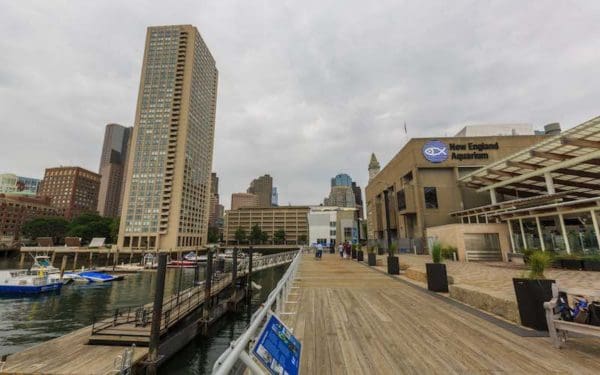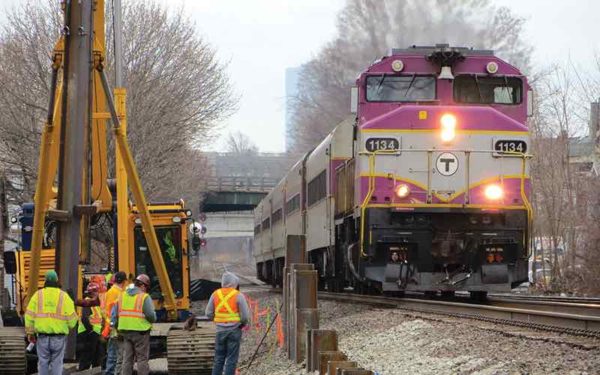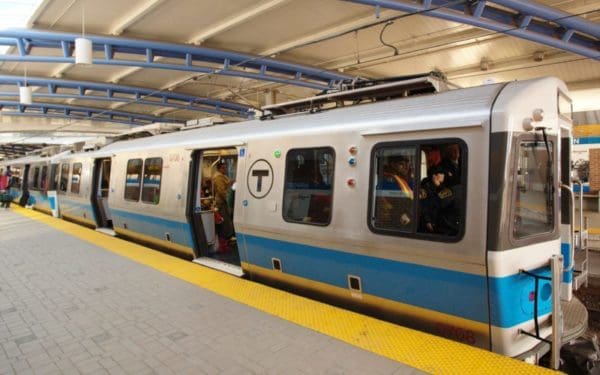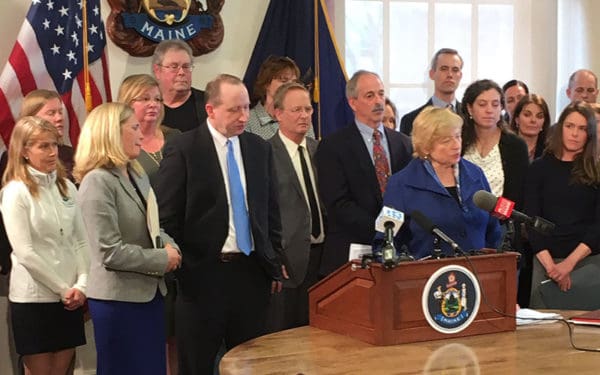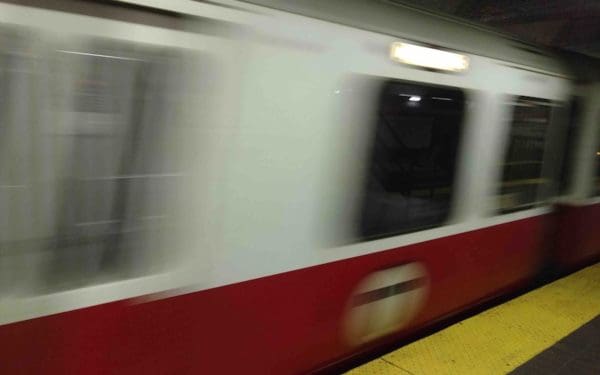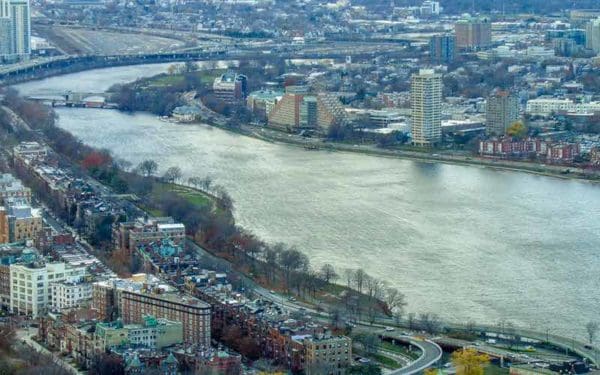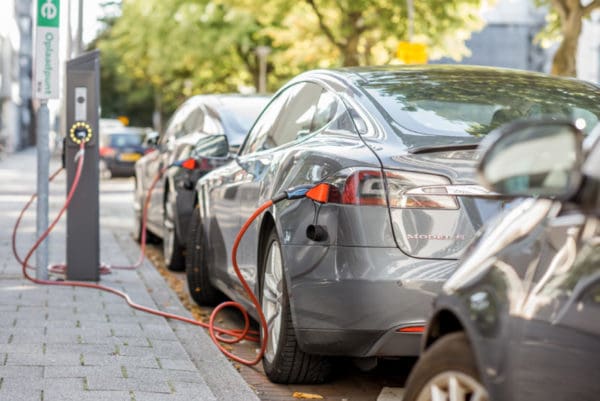Oct 01, 2019
“Transportation emissions are worsening the climate crisis, and it’s about time the region worked together on a solution,” said Amy Laura Cahn, Director of CLF’s Healthy Communities and Environmental Justice program. “Underserved communities have endured the majority of pollution and a lack of healthy transportation options for too long, and they must be the first to see the benefits from a clean transportation system. While today’s plan is a good first step, we need to be working on all fronts to reduce emissions and improve air quality.”
Sep 30, 2019
“Our climate and our health require us to switch from gas-burning cars to clean electric,” said Amy Laura Cahn, Director of CLF’s Healthy Communities and Environmental Justice program and a member of the Massachusetts Zero Emission Vehicle Commission. “The rebate clearly works, and we need more resources, not fewer at this critical time for our climate. We hope to see a short-term funding fix soon, but the State House and Baker Administration must commit to long-term and large-scale investments to keep this popular rebate in place.”
Jul 24, 2019
“The waterfront and Boston Harbor belong to all of us, not just the white and wealthy,” said Brad Campbell, President of CLF. “Too many developers have been allowed to wall off access to the water for the benefit of a few, and the rest of the city is finally taking note. We all paid for the cleanup of Boston Harbor and we all deserve equal access to it.”
Jun 28, 2019
“It’s simply insensitive and unfair to ask riders to pay more while the Red Line struggles to get people to and from their jobs,” said Staci Rubin, Senior Attorney at CLF. “The T clearly needs more funding and staffing, and some of those funds should come from predictable fare increases that do not disproportionately impact transit-dependent riders. However, this round of hikes should absolutely have been postponed at least through the summer.”
Jun 25, 2019
“It shouldn’t take two derailments in the span of a week to finally give the T some desperately-needed new funding and staffing,” said Staci Rubin, Senior Attorney at CLF. “The MBTA has been in a state of crisis for years, and this immediate infusion of cash will speed up improvements and should benefit train and bus riders across the board. Thousands of people rely on the T every day and it’s time riders have a safe trip they can depend on.”
May 10, 2019
Maine just took a big step forward on climate. Last week, Governor Janet Mills announced a bill that could make significant progress toward addressing our climate crisis by drastically reducing climate-damaging emissions while growing our state’s economy.
Mar 06, 2019
“We must make it as easy as possible for people to get out of their cars and choose public transit, and that starts with a system that works for everyone,” said Staci Rubin, Senior Attorney at CLF. “It’s clear that the MBTA needs to focus on protecting the system from climate change and improving accessibility. These aren’t always the most visible projects, but they’re critical if we’re going to have a transportation system that is prepared for the future and doesn’t leave anyone behind.”
Jan 29, 2019
“Fare increases should be modest, predictable, and necessary,” said Staci Rubin, Senior Attorney at CLF. “Riders deserve a reliable ride to get where they need to go at a reasonable price. Any potential fare increase must be tied to service improvements, like finishing the Green Line Extension and fixing the bus system for riders who depend on it most.”
Jan 10, 2019
“The hybrid option ensures a more sustainable community around the Charles River while providing a necessary link to Boston,” said Amy Laura Cahn, Interim Director of the Healthy Communities and Environmental Justice program at CLF. “However, MassDOT ignored its legal obligation to study how each option would minimize environmental and climate harms. The public needs to know that the project will prioritize the health of the river, maximize public access, and protect an area vulnerable to flooding.”
Dec 18, 2018
“The health and economic well-being of people and our planet depend on bold action today to create a transportation system for the future,” said Amy Laura Cahn, director, Healthy Communities & Environmental Justice program at Conservation Law Foundation. “Environmental justice communities have the fewest resources to adapt to the impacts of climate change but have long borne the greatest burdens of pollution and transportation inequity. We welcome a regional problem-solving approach, but our most disadvantaged residents must have a seat at the table.”




